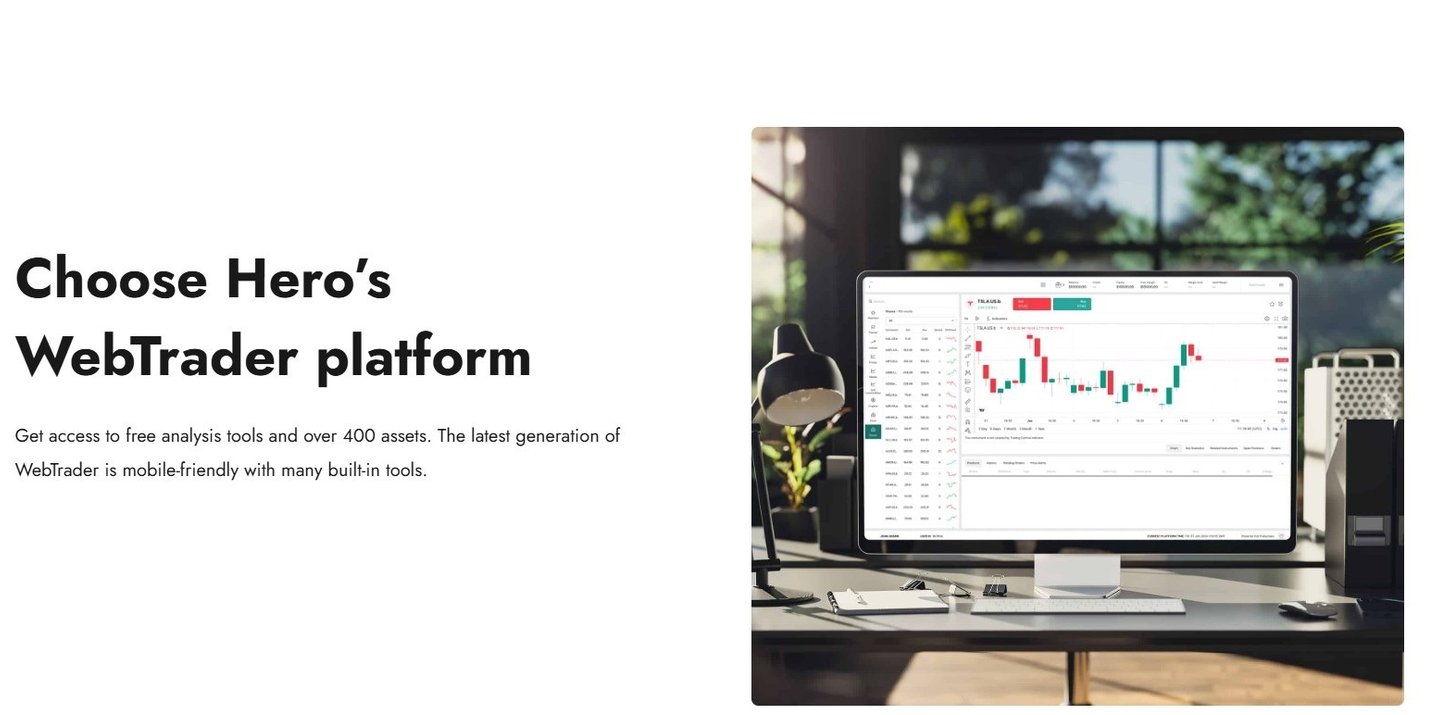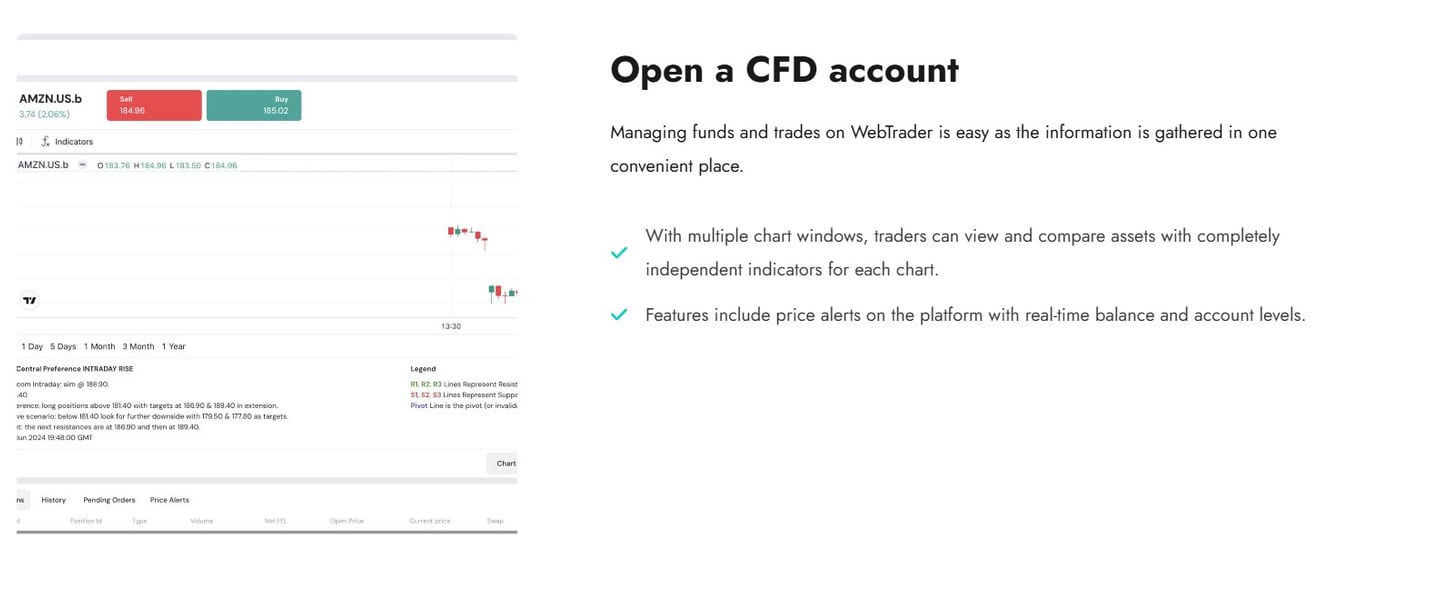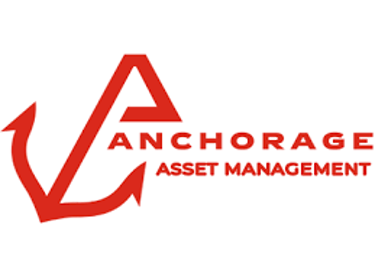



Aligning Interests.
Unlocking Value.
Aligning Interests.
Unlocking Value.
What are CFDs?
CFDs are type of financial contracts where you can trade the value of an asset. Unlike real stock trading, there’s no need to own them–the key feature is that it allows people worldwide to trade without having ownership of the traded CFD. A contract for difference (CFD) is an agreement between an investor and a CFD broker to exchange the difference in the value of a financial product (securities or derivatives) between the time the contract opens and closes. Investors can use the CFDs according to their own judgment to generate profits by 2-way trading “Buy” or “Sell”. With this way the Investor can make money if the price is rising or even though the price is falling.
How trading in CFDs works:
In a CFD trade, the investor expects the asset price to rise or fall. So, if the Investor expects that the price of the asset’s underlying market will rise, he/she can open a Long CFD position (Long CFD trading or Going Long) i.e. buy to profit from rising prices. On the other hand, if you expect that the price of the asset’s underlying market will fall, you can open a Short CFD position using a sell order to profit from depreciations in value (Short CFD Trading or Going Short). Opening Long and Short positions might result in losses as well. For example, if you open a long position because you expect that the price of the CFD will rise and the price of the CFD falls instead, you will end up losing your invested capital. Likewise, if you open a short position because you speculate that the price of the CFD will fall and the price of the CFD increases instead, you will end up losing your invested capital.
The Forex market has an estimated daily trading volume of 6.6 trillion USD. Finansero will present you with crucial info about forex and how it works. We will also walk you through some advantages & disadvantages that come along to understand this complex financial market better while giving context for its history.
What is forex?
Forex is the largest and most complex financial market in terms of trading volume and depth. It’s where different currencies are traded, including USD/JPY or GBP/EUR, among others – but what makes it so special? The key behind forex trading lies in allowing traders to access global economies across time zones with just one transaction.
The forex market is the largest and most liquid one worldwide, and it’s even bigger than a stock exchange. The daily volume ranges from 6-7 trillion USD. People trade currencies against each other as pairs on this vast marketplace for currency rates; there are hundreds if not thousands of different types available to choose from.
There are many currencies in the forex market, but many trades happen with these ten. U.S dollar is one of them and Euro and British pound, for example, Japanese yen comes next on this list while Swiss Franc also finds its way into it due to its popularity among traders worldwide who strive towards making money off their investments wisely by trading. Stocks too!
The Forex market may seem like it has only one location, but there is no central location for currency trading. Instead, the forex consists of banks and brokers worldwide who act as counterparties to each other with deals being made on 24/5 except holidays such as weekends- which makes them essential parts of this industry.
When did forex start?
The growth of forex trading is an example of how economic and social changes have led to new opportunities. With floating rates gradually replacing fixed ones, financial experts had more control over their currencies; now, there are several types with varying risks that you can explore on Finansero!
Spot transactions
A spot transaction is a direct exchange of two currencies, and no interest is charged, and there is a two-day delivery period. The forex brokers charge a small swap fee when they suggest rolling over an expiring transaction into an identical transaction.
Forward transactions
This type of contract is tailor-made, and the most important thing is that the seller and the buyer agree on an exchange rate and a fixed date in the future.
Futures
They include interest and are traded on an exchange. In general, futures are a standardized type of forwarding contract, and they set a volume of a currency and a date for the exchange. Futures are used for hedging currency positions by multinational corporations.
The advantages and the disadvantages of forex
The advantages:
high liquidity, low barrier to enter, and virtually a non-stop working time.
Forex is a very popular market to trade-in. There are always fluctuations of currencies, which can be an opportunity for traders if they know how to work with them properly. There are 24/5 hours that you’re able to jump into your trades at any point during the day or night! That means more people will have access as well. But there are some things every trader should know before jumping on the forex train.
The disadvantages:
It is more complex to forecast than the weather, really dangerous when leverage is used, tests your maturity.
The Forex market is a tough school because it teaches self-control and patience. It’s an excellent teacher of how to trade online. It’s hard to predict that is why Finansero provides top-notch tools for technical analysis to help the traders. There are plenty more factors than just economic data that influence international currencies – things like politics or social moods also play their part, meaning no matter who wins at elections worldwide, one country may see its value drop while another sees theirs rise rapidly.
Please be advised that there is always a possibility to lose part or even all the investment due to extreme volatility and high leverage.
Anchorage Asset Management AG is the leading financial establishment providing high-quality international investment services. We are always ready to partner with you by offering full financial support to individuals and companies worldwide
Anchorage Asset Management AG , Austrasse 15 9495 Triesen Liechtenstein. Financial Market Authority Reg N. 111372/2006 Wave Trade ltd is regulated by the Financial Services Commission of the Republic of Mauritius with an Investment Dealer License. We do not provide services to Turkey, USA, Canada, Japan (and any relevant jurisdiction that they are not authorized to operate).
Contact
info@anchorageassetmanage.com
© 2025. All rights reserved.
Get in touch with us today.
